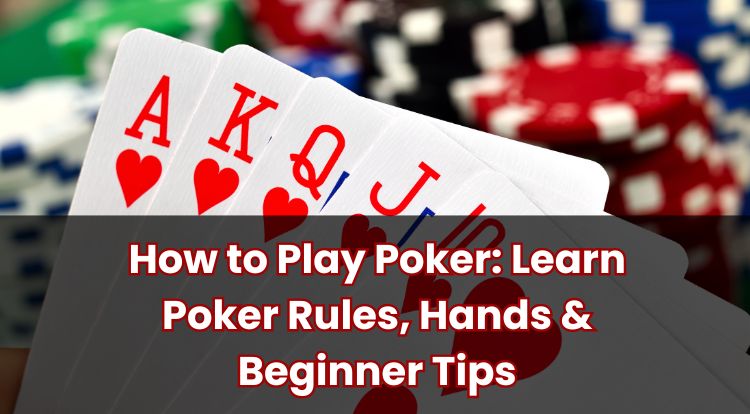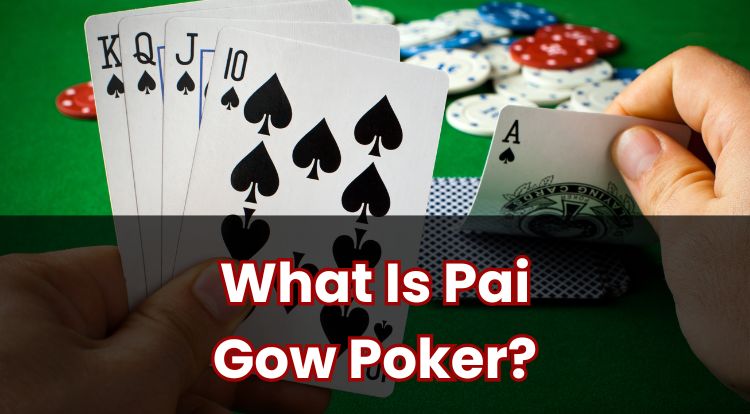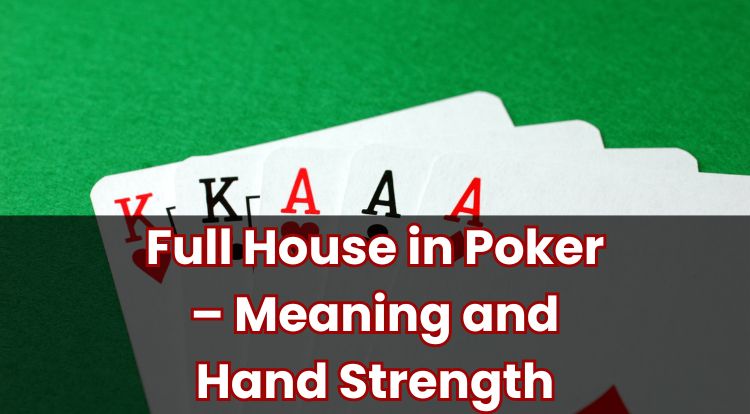What Is A Boat In Poker?
If you’ve watched people play poker or listened to how hands are discussed, you may have come across the term “boat”. It’s one of several informal words used in the game. If you’re learning the basics, understanding these expressions can help you follow what’s happening more easily.
This guide explains what a “boat” means in poker, why it’s used, and how it fits into standard hand rankings.
What Is The Difference Between a Boat and Full House In Poker?
You might hear some players say “boat” while others say “full house”. They refer to the same hand. A “full house” is the official name, while “boat” is a common nickname used in casual games and online chat.
A full house is made up of three cards of one rank and two cards of another. For example, three tens and two kings make a full house. The term “boat” is simply a shorter way of saying it.
Some online poker sites may list only “full house” in their hand history or results section. Knowing that both terms mean the same hand can help avoid confusion. Most licensed UK poker platforms include help sections or glossaries to explain these kinds of terms.
Boat In Poker Example
Here’s a simple example. Imagine you are dealt five cards: three eights and two queens. This is a full house — or a boat.
The ranking of a full house depends on the value of the three matching cards. For instance, “eights full of queens” means three eights and two queens. That would outrank “fours full of kings” because eights are higher than fours.
If you are unsure how hands are ranked, most UK-licensed platforms provide a hand rankings chart in the rules or help area.
Why Is a Full House Called a Boat?
Poker has a long history of using informal names for different hands. “Boat” is one of the more widely used nicknames for a full house.
The origin of this term is not confirmed, but it’s believed to come from poker games played on riverboats in the 19th century. These were common locations for card games at the time. Over time, the term “boat” became a short, simple way to refer to a full house, especially in spoken conversation or quick chats during games.
In the UK, you’re likely to see “full house” in formal settings such as game rules or on-screen results. However, “boat” often appears in informal discussions among players.
How Strong Is a Boat In Poker?
A boat is one of the stronger hands in most poker games. In Texas Hold’em, for example, it ranks above a flush but below four of a kind.
It consists of three cards of one rank and two cards of another. This hand will usually rank higher than hands such as a straight, two pair, or a single pair. For instance, a hand made up of three jacks and two sixes would beat a hand containing two queens and two tens.
UK-licensed online poker sites use standard hand rankings. This means the position of a full house in the order of strength is consistent across platforms. If you want to see the full list of rankings, check the rules or help section of your chosen site.
**The information provided in this blog is intended for educational purposes and should not be construed as betting advice or a guarantee of success. Always gamble responsibly.




